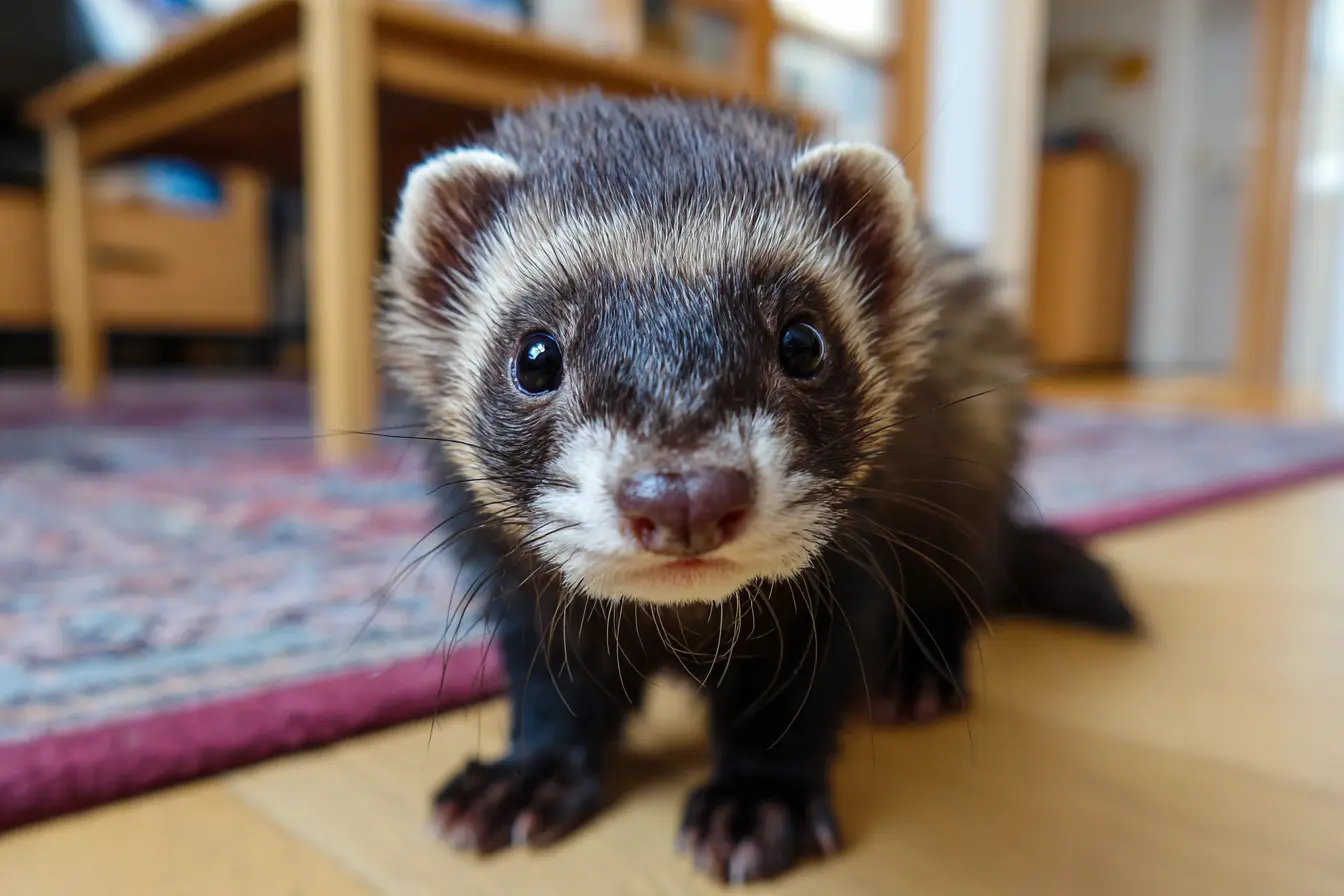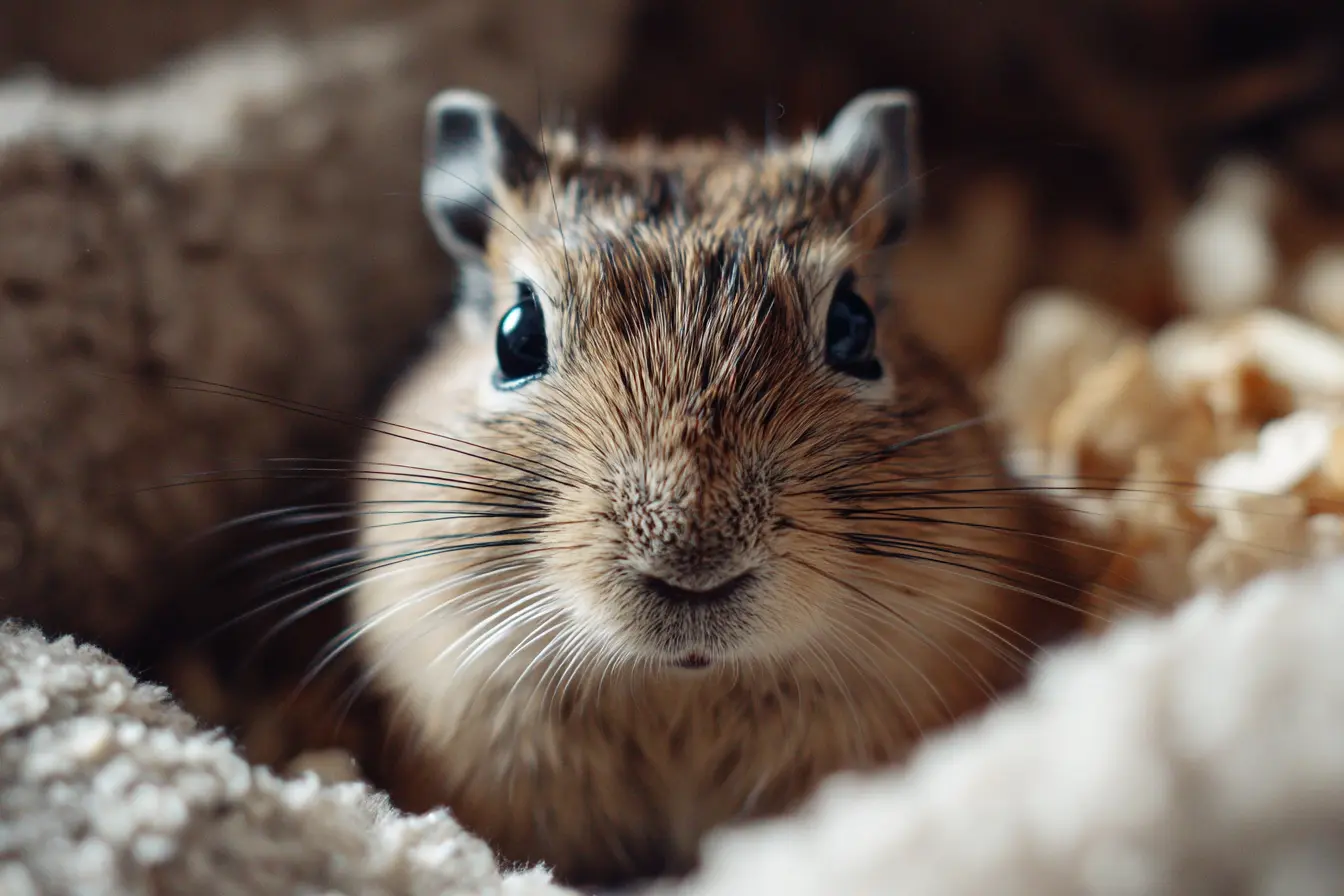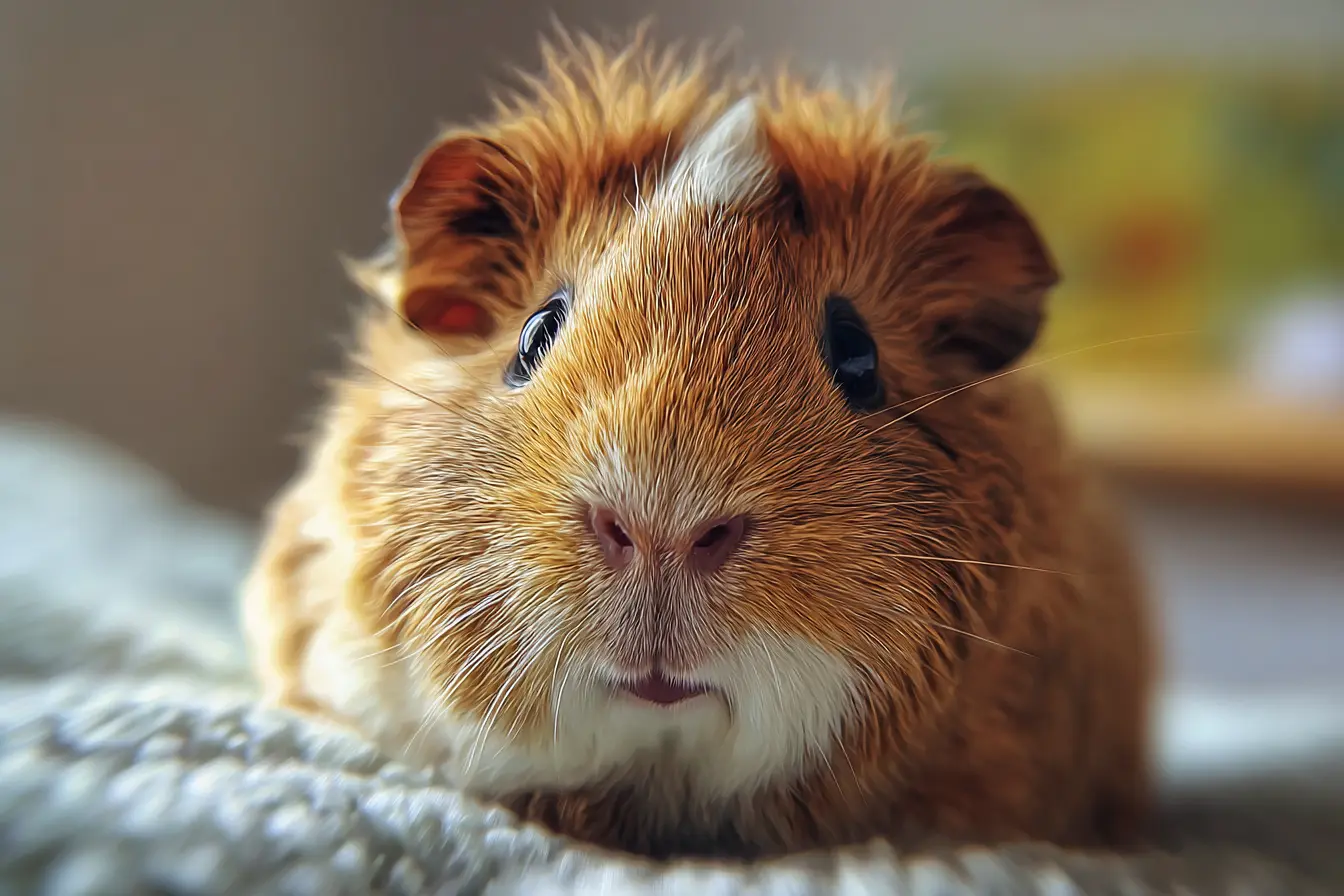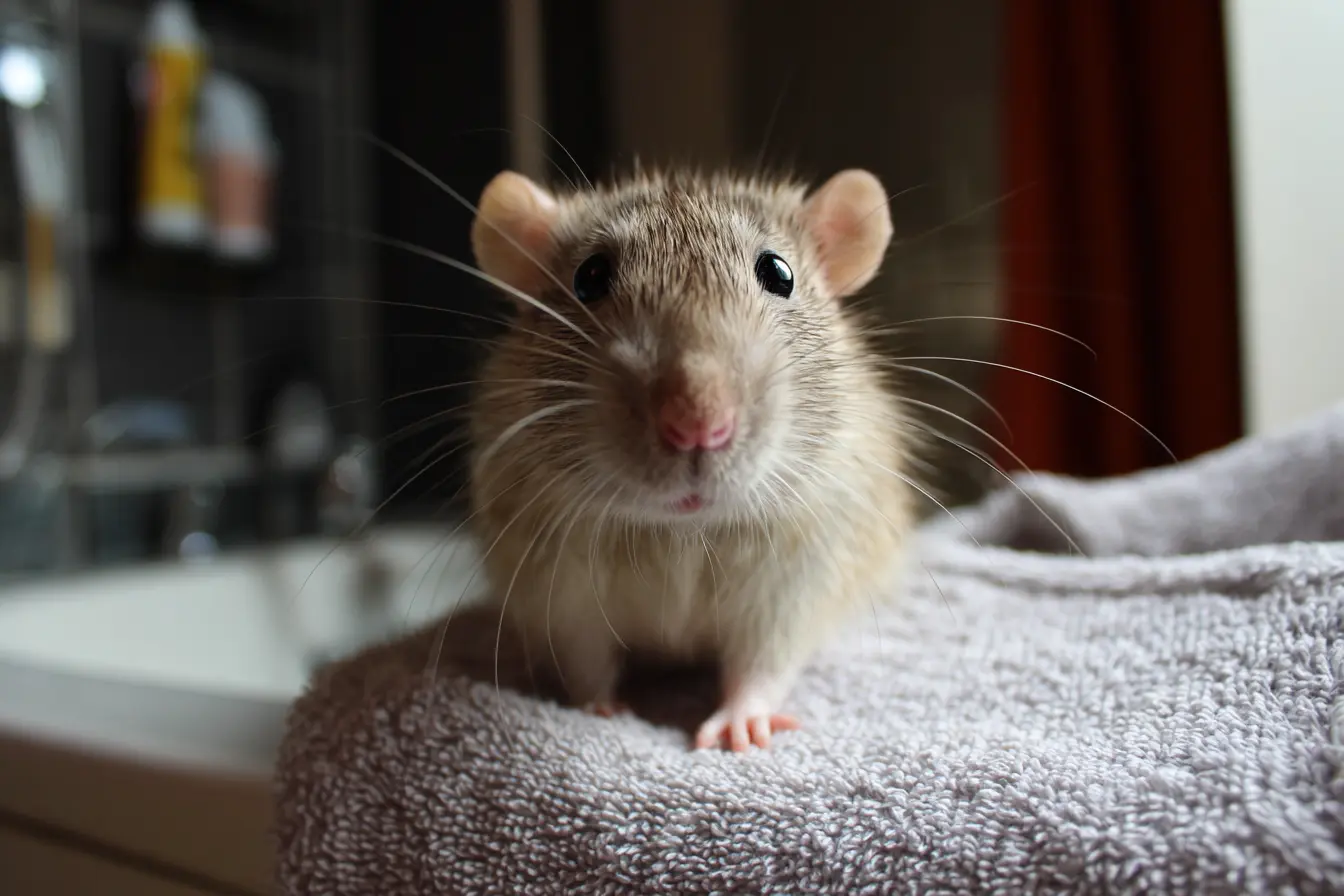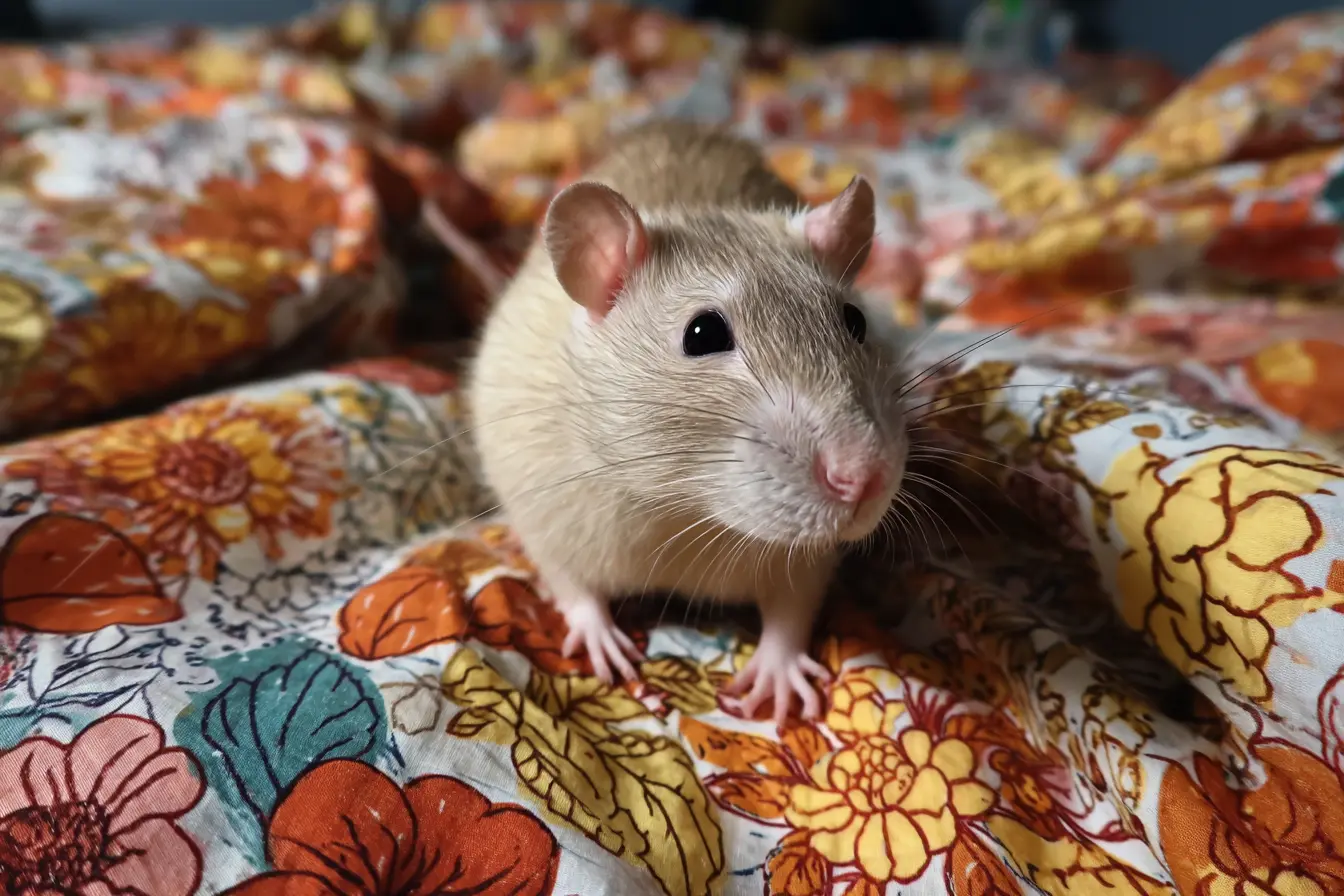
Fancy Rats: Intelligent, Affectionate Companions for Devoted Keepers
Fancy rats are one of the most popular and rewarding small pets to keep. Unlike their wild cousins, they have been selectively bred for temperament, appearance, and companionship. With their intelligence, social nature, and ability to bond closely with humans, fancy rats make excellent pets for those willing to dedicate time, care, and enrichment to their lives.
In this post, we’ll cover everything you need to know about fancy rats, from their origins and traits to housing, diet, health, and suitability as pets.
What Are Fancy Rats?
The term "fancy rat" refers to domesticated Rattus norvegicus domestica, a variety of the brown rat bred for centuries as pets. They are distinct from wild rats, both in appearance and behaviour, and are selectively bred for gentle temperament and diverse colours, coat types, and markings.
Fancy rats can be smooth-coated, rex (curly fur and whiskers), hairless, or longhaired (known as “manx” or “satin” in some breeding circles). They are available in numerous colours and patterns, from albino to agouti, mink, champagne, and even dumbo-eared varieties.
Key Characteristics
- Size: 20–25 cm body length, with a tail of similar length
- Weight: Females 250–400 g; males 400–700 g (males are larger and heavier)
- Lifespan: 2–3 years on average (with good care, some may live longer)
- Temperament: Highly intelligent, affectionate, and social
- Appearance: Wide variety of colours, coat textures, and ear types
Fancy rats are widely considered one of the most trainable and people-oriented small pets, with personalities closer to dogs than hamsters.
Social Needs
Rats are intensely social and must never be kept alone. A solitary rat will become lonely, depressed, and unhealthy. Same-sex pairs or groups are the best option for pet owners who are not breeding.
Social Benefits:
- Companionship prevents stress and improves lifespan
- Rats communicate with each other using ultrasonic vocalisations
- Group living allows for play, grooming, and natural behaviours
A group of at least two (but ideally three or more) is highly recommended. Larger groups do not necessarily create more work for the keeper and can often be easier to manage, as rats spread their energy and affection between cage mates and humans.
Housing and Environment
Fancy rats are active, exploratory animals that need a spacious and stimulating home.
Cage Requirements:
- Minimum size: 80 cm x 50 cm x 80 cm for a pair or trio (bigger is always better)
- Type: Wire cages with multiple levels, ramps, and climbing opportunities; avoid aquariums with poor airflow
- Bar spacing: No more than 1.5 cm for adults; 1 cm for young rats
- Bedding: Paper-based bedding, hemp, or aspen; avoid pine and cedar shavings (toxic to rats)
- Nesting material: Shredded paper or tissue (avoid fluffy cotton wool which can cause choking or blockages)
- Enrichment: Hammocks, ropes, cardboard boxes, tunnels, digging boxes, solid wheels, climbing branches, and chew toys
Rats thrive in vertical as well as horizontal space. Regular cleaning is essential, spot-clean daily and deep-clean weekly to avoid odour and health issues.
Diet and Nutrition
Fancy rats are omnivores with a need for a varied diet that balances protein, fibre, and healthy fats.
Suggested Diet:
-
Staple diet: A high-quality rat nugget or lab block designed for rats (to prevent selective feeding)
-
Fresh vegetables: Broccoli, kale, peas, cucumber, courgette, spinach, carrots
-
Fruits: Apples, pears, bananas, berries (offered in small amounts due to sugar content)
-
Protein sources: Cooked chicken, eggs, mealworms, tofu, or fish (moderation only)
-
Treats: Seeds, wholegrain pasta, rice, or cooked oats in small amounts
-
Avoid: Citrus fruits (especially for males), chocolate, sticky foods, carbonated drinks, onions, raw beans, and processed junk foods
Fresh water should always be available in a water bottle and/or a dish.
Handling and Behaviour
Fancy rats are highly interactive and thrive on daily engagement with their keepers.
Handling Tips:
- Handle them from a young age to encourage tameness
- Always support their body and avoid grabbing from above
- Allow free roaming in a safe, rat-proofed space daily
- Use positive reinforcement (e.g., treats) when teaching tricks or recall
Rats are capable of learning their names, responding to commands, and even using litter trays. They often seek out attention, snuggle in clothing, and enjoy shoulder rides.
Unique Traits
Fancy rats are more than just small pets, they possess unique qualities that make them endlessly fascinating:
- High intelligence: Can solve puzzles, learn tricks, and recognise people
- Strong memory: They remember routines and people they trust
- Affectionate nature: Many actively seek out human company
- Playfulness: Rats “play fight,” wrestle, and chase each other, much like puppies
- Whisker communication: Rats use their whiskers to navigate and interact with cage mates
Health and Common Issues
Fancy rats are prone to certain health conditions, especially later in life.
Common Health Concerns:
- Respiratory infections: Caused by mycoplasma or poor air quality; can become chronic
- Tumours: Mammary and pituitary tumours are very common in both sexes
- Parasites: Lice and mites may appear if hygiene is poor
- Obesity: From too many treats or lack of exercise
- Injuries: From falls or fights (though rare in well-matched groups)
Regular health checks and quick vet attention for illness are essential. Always seek an exotic- or small-animal-savvy vet.
Is a Fancy Rat Right for You?
Fancy rats are ideal for:
- People who want an intelligent, affectionate pet
- Families with older children who understand gentle handling
- Individuals with time for daily interaction and enrichment
- Those with space for a large, stimulating cage
They are not recommended for:
- Very young children (due to delicate handling needs)
- Anyone seeking a low-maintenance pet
- People unable to commit to socialising and cleaning daily
Conclusion
Fancy rats are intelligent, social, and affectionate animals that thrive when kept in pairs or groups and given plenty of space, enrichment, and attention. Unlike many small rodents, they bond strongly with humans and can become as rewarding as a cat or dog in their affection and companionship.
Although their lifespan is relatively short and health issues are common, the joy, playfulness, and love they bring make them exceptional pets. For those ready to dedicate time and care, fancy rats are among the most delightful companions you could choose.
Vets near you
Speciality vets
- Aquatics vet specialists
- Birds vet specialists
- Camelids vet specialists
- Cats vet specialists
- Cattle vet specialists
- Deer vet specialists
- Dogs vet specialists
- Equines vet specialists
- Exotic vet specialists
- Goats vet specialists
- Pigs vet specialists
- Poultry vet specialists
- Sheep vet specialists
- Small Mammals vet specialists
- Wild vet specialists
Vet facilities
- Accessible by public transport
- Blood testing
- Car park nearby
- Client car park
- Dentistry
- Diagnostic imaging
- Disabled public access
- Flea and worm treatments
- Microchipping
- Mobile services
- Neutering
- Open at weekends
- Out-of-hours service
- Referral interests
- Referrals only
- Street parking outside
- Toilets available
- Vaccination clinic
